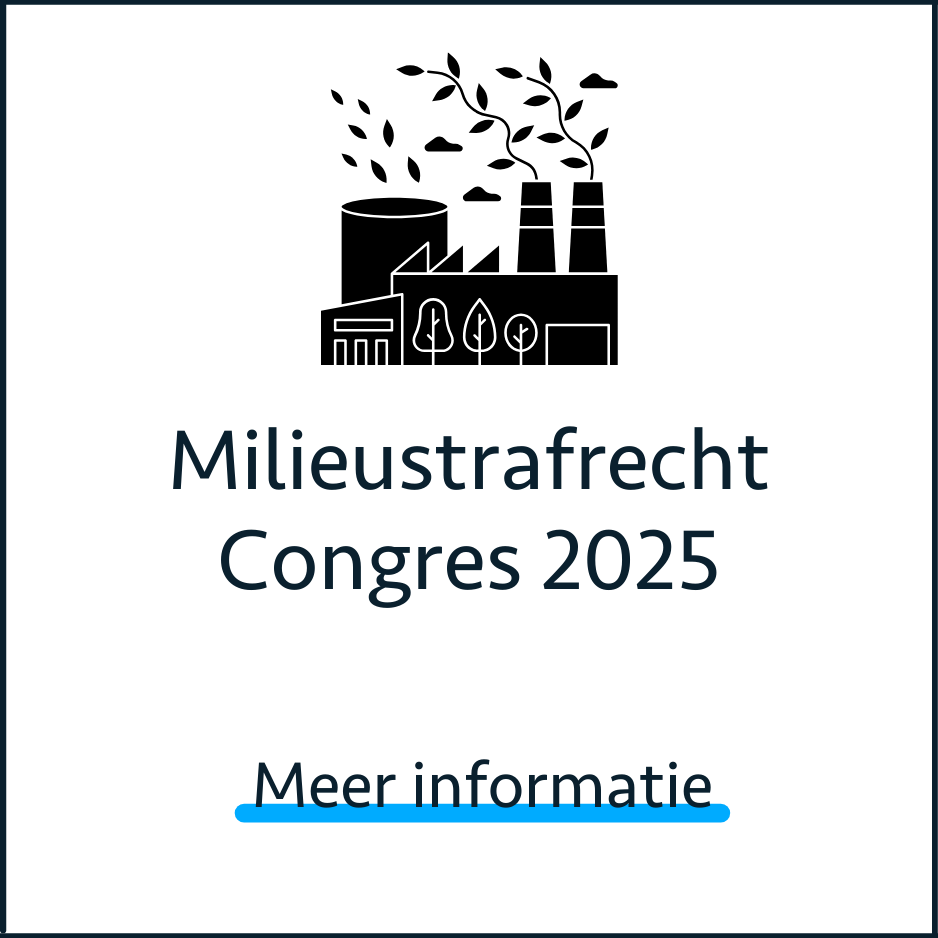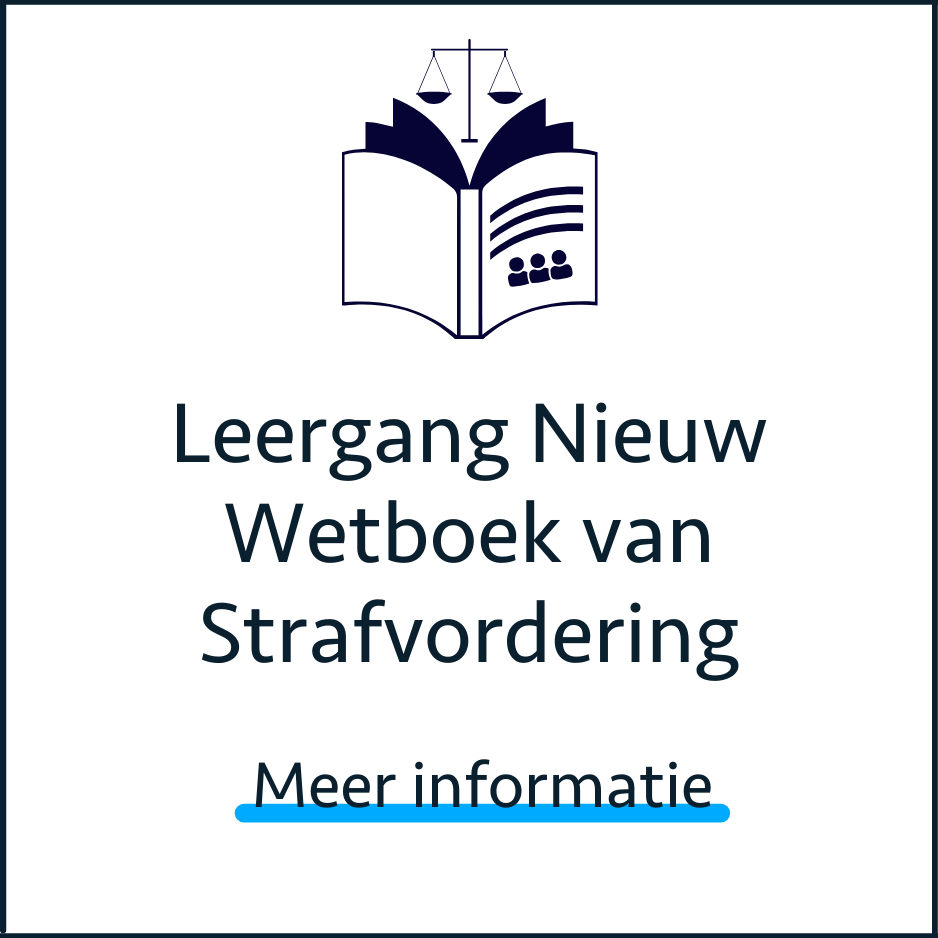Op 11 december 2025 heeft het Hof van Justitie van de Europese Unie uitspraak gedaan in zaak C-665/24, Staatssecretaris Jeugd, Preventie en Sport, naar aanleiding van prejudiciële vragen van het College van Beroep voor het bedrijfsleven. De kern van het arrest is dat een nationaal boetestelsel dat uitgaat van aansprakelijkheid zonder schuld in beginsel verenigbaar kan zijn met het Unierecht, maar dat een forfaitair boetestelsel dat geen rekening laat houden met de ernst van de overtreding en de omstandigheden van het concrete geval in strijd is met het evenredigheidsbeginsel van het Unierecht.
Het arrest heeft betrekking op de handhaving van richtlijn 2014/40/EU inzake de productie, presentatie en verkoop van tabaks- en aanverwante producten, meer in het bijzonder op navulverpakkingen voor elektronische sigaretten waarvan het nicotinegehalte op de verpakking onjuist is vermeld.
Aanleiding van de prejudiciële vragen
De zaak vindt haar oorsprong in bestuurlijke boetes die door de Staatssecretaris Jeugd, Preventie en Sport waren opgelegd aan twee distributeurs van navulverpakkingen voor elektronische sigaretten. Deze boetes hielden verband met het feit dat op de verpakkingseenheden van de betrokken producten een hoger nicotinegehalte stond vermeld dan het gehalte dat bij controle feitelijk werd aangetroffen.
De distributeurs hadden de navulverpakkingen geleverd aan detaillisten. Zij hadden deze producten zelf afgenomen van producenten en importeurs in andere lidstaten. Het op de verpakking vermelde nicotinegehalte kwam overeen met het gehalte dat door de fabrikant of importeur was opgegeven in de kennisgeving die op grond van artikel 20, lid 2, van richtlijn 2014/40 bij de bevoegde autoriteiten was ingediend.
In eerste aanleg oordeelde de rechtbank Rotterdam dat geen sprake was van “in de handel brengen”, omdat de distributeurs de producten niet rechtstreeks aan consumenten hadden geleverd. Het College van Beroep voor het bedrijfsleven zag zich in hoger beroep geconfronteerd met vragen over de reikwijdte van het begrip “in de handel brengen” en over de verenigbaarheid van het nationale sanctiestelsel met het Unierecht.
Het begrip ‘in de handel brengen’ in de richtlijn
De eerste prejudiciële vraag betrof de uitleg van artikel 23, lid 2, van richtlijn 2014/40, gelezen in samenhang met artikel 2, punt 40, en artikel 20, lid 4, onder b, sub i, van die richtlijn. De vraag was of de verplichting voor lidstaten om ervoor te zorgen dat niet-conforme producten niet “in de handel worden gebracht”, uitsluitend ziet op de verkoop door een detaillist aan de consument, of ook op eerdere fasen in de distributieketen.
Het Hof herhaalt dat artikel 23, lid 2, een horizontale werking heeft. Die bepaling beoogt te waarborgen dat tabaks- en aanverwante producten die niet voldoen aan de richtlijn, in geen enkele fase van de toeleveringsketen in de handel worden gebracht. Het begrip “in de handel brengen” is dan ook niet beperkt tot de levering door een detaillist aan de eindgebruiker.
Het Hof verwijst daarbij naar zijn eerdere arrest van 15 mei 2025 in zaak C-717/23, waarin reeds is geoordeeld dat de controleverplichting van de lidstaten betrekking heeft op alle fasen van de keten. Ook de levering van navulverpakkingen door een distributeur aan een detaillist valt daaronder. Deze ruime uitleg sluit aan bij de doelstelling van richtlijn 2014/40 om een hoog niveau van bescherming van de volksgezondheid te waarborgen.
Aansprakelijkheid zonder schuld en Unierecht
De tweede prejudiciële vraag had betrekking op de sanctieregeling. Het College van Beroep voor het bedrijfsleven wees erop dat het in het hoofdgeding ging om bestuurlijke boetes van strafrechtelijke aard, zodat het Handvest van de grondrechten van de Europese Unie en het beginsel nulla poena sine culpa relevant zijn. De vraag was of een marktdeelnemer verantwoordelijk kan worden gehouden voor het in de handel brengen van niet-conforme producten, ook wanneer hij is uitgegaan van de juistheid van de door de fabrikant of importeur verstrekte gegevens.
Het Hof stelt voorop dat artikel 23, lid 3, van richtlijn 2014/40 de lidstaten verplicht sancties vast te stellen die doeltreffend, evenredig en afschrikkend zijn, maar dat de richtlijn geen volledige harmonisatie van sanctiestelsels beoogt. Lidstaten behouden in beginsel beoordelingsvrijheid bij de keuze van sancties, mits zij de algemene beginselen van Unierecht, waaronder het evenredigheidsbeginsel, eerbiedigen.
Volgens vaste rechtspraak van het Hof is een stelsel van aansprakelijkheid zonder schuld op zichzelf niet onverenigbaar met het Unierecht. Een dergelijk stelsel kan gerechtvaardigd zijn wanneer het bijdraagt aan de naleving van Unierechtelijke verplichtingen en wanneer het een doel van algemeen belang dient. De bescherming van de volksgezondheid, en in het bijzonder de bescherming van jongeren tegen de risico’s van tabaks- en aanverwante producten, vormt een dergelijk algemeen belang.
Kennisgeving door fabrikant of importeur
Het Hof besteedt expliciet aandacht aan het argument dat het op de verpakking vermelde nicotinegehalte overeenkwam met het gehalte dat in de kennisgeving van de fabrikant of importeur was opgenomen. Het maakt duidelijk dat deze kennisgeving primair tot doel heeft de regelgevende taken van lidstaten en de Europese Commissie te vergemakkelijken.
De kennisgevingsplicht biedt marktdeelnemers verderop in de keten geen vrijwaring tegen aansprakelijkheid. Dat betekent dat distributeurs niet automatisch aan verantwoordelijkheid ontkomen door te verwijzen naar de gegevens die door producenten of importeurs zijn verstrekt. Ook in een dergelijk geval kan aansprakelijkheid zonder schuld in beginsel worden aanvaard.
Grenzen aan forfaitaire boetes
De kern van het arrest ligt echter bij de beoordeling van het boetestelsel zelf. Het Hof benadrukt dat het evenredigheidsbeginsel niet alleen van belang is bij het vaststellen van de overtreding, maar ook bij de bepaling van de hoogte van de sanctie.
Dat houdt in dat de bevoegde autoriteiten rekening moeten kunnen houden met de ernst van de overtreding en met de omstandigheden van het concrete geval. Een sanctiestelsel dat voorziet in vaste, forfaitaire boetes per overtreding, zonder ruimte voor individuele afstemming, kan onevenredig zijn.
In de voorliggende zaak wees het Hof erop dat de hoogte van de opgelegde boetes losstond van relevante omstandigheden, zoals het feit dat het daadwerkelijk aangetroffen nicotinegehalte lager was dan het op de verpakking vermelde gehalte. Wanneer een nationale regeling geen mogelijkheid biedt om dergelijke factoren mee te wegen, verzet artikel 23, lid 3, van richtlijn 2014/40 zich tegen de toepassing van dat stelsel.
Conclusie van het Hof
Het Hof komt tot twee belangrijke conclusies. Ten eerste bevestigt het dat het begrip “in de handel brengen” zich uitstrekt tot alle fasen van de distributieketen, inclusief de levering door een distributeur aan een detaillist. Ten tweede oordeelt het dat een nationale regeling die voorziet in bestuurlijke boetes van strafrechtelijke aard, maar geen ruimte laat om bij het opleggen van die boetes rekening te houden met de ernst van de overtreding en de omstandigheden van het geval, in strijd is met het Unierecht.
Daarmee wordt duidelijk dat lidstaten weliswaar een streng handhavingsregime mogen hanteren ter bescherming van de volksgezondheid, maar dat zij bij de vormgeving van sancties steeds moeten zorgen voor een individuele en evenredige beoordeling.
Lees hier de volledige uitspraak.











